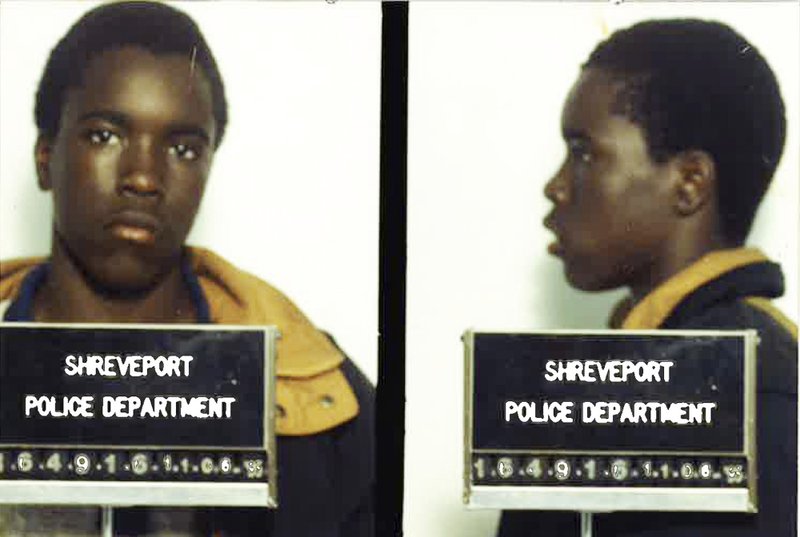A mentally disabled man walked free Tuesday after 20 years in prison for a killing his attorneys say he didn't commit, under a plea agreement that blames him for obstructing justice by falsely confessing to the crime.
In exchange for his freedom, Corey Williams accepted a deal that short-circuits a potential U.S. Supreme Court review and requires him to drop all claims against Louisiana, which initially sentenced him to death.
"Moments ago, I had the honor of walking Corey Williams out of prison," attorney Amir Ali said in a tweet Tuesday morning. "He spent the last 20 years there, after being wrongfully convicted as a 16 year old child."
Police found Williams hiding under a sheet on a couch at his grandmother's house after Jarvis Griffin was killed after delivering a pizza to another house in 1998. Williams initially denied killing Griffin, but changed his account after police questioned him through the night.
"His confession was brief, devoid of corroborating details," his lawyers wrote in their March 2 petition to the U.S. Supreme Court. "Having just assumed responsibility for a homicide, Corey told the officers, 'I'm tired. I'm ready to go home and lay down.'"
Defense attorneys said there wasn't any physical evidence linking Williams to the killing, and accused prosecutors of withholding "staggering" evidence of innocence, in part by sharing only summaries of evidence involving other suspects.
As it turned out, witnesses saw several older men steal money and pizza from Griffin, and saw Williams running from the house alone with nothing in his hands after the shooting, according to his lawyers.
Fingerprints found on the murder weapon belonged to one of the older men, and the victim's blood was found on clothing worn by a third older man, according to Williams' lawyers.
Williams' lawyers said the prosecutors' summaries were falsified. This was one of the reasons cited by 44 former prosecutors and Justice Department officials, including former U.S. Attorney General Michael Mukasey, in a legal brief filed recently urging the U.S. Supreme Court to review the case.
Williams signed his plea bargain in inch-high printing with big circles over the i's. His lawyers say that before the shooting, Williams was hospitalized for extreme lead poisoning, still sucked his thumb and frequently urinated on himself. His disabilities were cited by a district judge in overturning his death sentence in 2004.
Williams also pleaded guilty Monday to manslaughter.
Williams, now 36, also agreed not to raise any legal claims or seek compensation from the state or anyone else in a long list of people and agencies, including any former district attorney. Because of that, his lawyers hope to raise $10,000 to help him get a new start on life.
State District Court Judge Katherine Dorroh vacated Williams' murder conviction and sentenced him to 20 years for manslaughter, with credit for time served.
A Section on 05/23/2018
